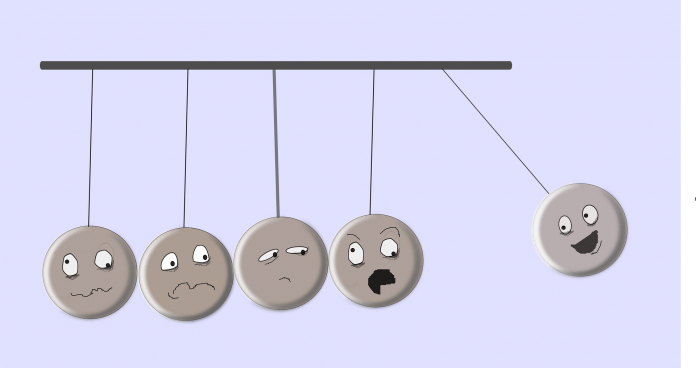
A defining trend in human intelligence tests that saw people steadily obtaining higher IQ scores through the 20th century has abruptly ended, a new study shows.
The Flynn effect – named after the work of Kiwi intelligence researcher James Flynn – observed rapid rises in intelligence quotient at a rate of about 3 IQ points per decade in the 20th century, but new research suggests these heady boom days are long gone.
An analysis of some 730,000 IQ test results by researchers from the Ragnar Frisch Centre for Economic Research in Norway reveals the Flynn effect hit its peak for people born during the mid-1970s, and has significantly declined ever since.
“This is the most convincing evidence yet of a reversal of the Flynn effect,” psychologist Stuart Ritchie from the University of Edinburgh, who was not involved in the study, told The Times.
“If you assume their model is correct, the results are impressive, and pretty worrying.”
The researchers sourced their data from the IQ test scores of 18- to 19-year-old Norwegian men who took the tests as part of their national, compulsory military service.
Between the years 1970 to 2009, three decades of these young men (born between 1962 to 1991) were conscripted, resulting in over 730,000 IQ test results.
What the results show is that a turning point for the Flynn effect occurred for the post-1975 birth cohorts, equivalent to 7 fewer IQ score points per generation.
It’s not the first time we’ve seen this kind of dip. Research by Flynn himself that looked at the IQs of British teenagers almost a decade ago observed a similar fall in test scores.
“It looks like there is something screwy among British teenagers,” Flynn told The Telegraph at the time.
“While we have enriched the cognitive environment of children before their teenage years, the cognitive environment of the teenagers has not been enriched.”
Although that kind of environmental attribution remains hypothetical, it’s a possibility that’s supported by the latest research – which, it’s worth emphasising, comes from just one Norwegian sample (albeit a particularly huge one).
In the new study, the researchers observed IQ drops occurring within actual families, between brothers and sons – meaning the effect likely isn’t due to shifting demographic factors as some have suggested, such as the dysgenic accumulation of disadvantageous genes across areas of society.
Instead, it suggests changes in lifestyle could be what’s behind these lower IQs, perhaps due to the way children are educated, the way they’re brought up, and the things they spend time doing more and less (the types of play they engage in, whether they read books, and so on).
Another possibility is that IQ tests haven’t adapted to accurately quantify an estimate of modern people’s intelligence – favouring forms of formally taught reasoning that may be less emphasised in contemporary education and young people’s lifestyles.
“Intelligence researchers make a distinction between fluid and crystallised intelligence,” one of the study’s authors, research economist Ole Rogeberg explained to The Times.
“Crystallised intelligence is stuff you have been taught and trained in, and fluid intelligence is your ability to see new patterns and use logic to solve novel problems.”
The implication here is that it’s not us that is at fault: it’s IQ tests.
But until scientists exploit some of their fluid intelligence to make a major breakthrough in what’s really going on here, we – and our lower IQs – may never know for sure.





































